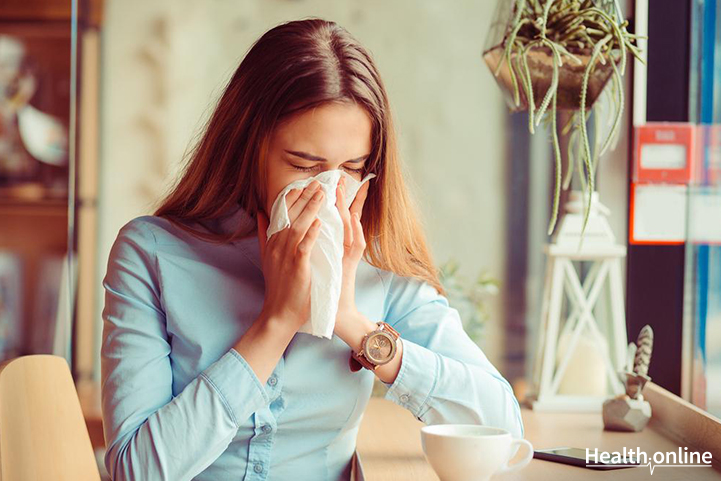
Why You Should Never Try to Stifle Your Sneeze
If you just made the loud reverberating “AA-CHOO” sound, it means that you have just sneezed. Sneezing, is medically known as the process of sternutation. It occurs because something is irritating or tickling inside of the nose. It is a reaction of the body to any external irritation and also the mechanism of eliminating any irritant from your nose.
What makes you sneeze?
There can be a number of factors that would cause you to sneeze. Generally being external, they could be bright light, pollen, dust or even your adorable pet.
Physiology of sneezing
The physiological process of sneezing is important to understand the reason why one should never obstruct or stifle it. Though a fairly simple body phenomenon, it is very vital and should never be restricted. Every time the inside of your nose tickles, a direct message is sent to a special part of your sneeze center. The sneeze center is a special part of your brain allocated to only regulate sneezing activity and responses. This sneeze center then sends a message to the muscles that have to work as a unit to create a sneeze.
Muscles involved in sneezing:
Abdominal muscles – muscles of the belly
Chest muscles – front of the chest muscles
Diaphragm – the muscle below the lungs that helps in breathing
Vocal cord muscles – muscles that control the vocal cords
Throat muscles – muscles in the back and front of the throat.
Eyelid muscles – muscles that close your eyes every time you sneeze
When all the above muscles function in harmony, the irritant in the nose is sent out with a speed of up to 100 miles per hour. Apart from the irritant, it also expels mucus droplets with the irritant.
Recommended Read: What You Need to Do if Your Child Has the Flu
Why you should never stifle a sneeze?
- Sneezing in an ear infection that is extremely harmful. If you were already sick, holding it back would make you even sicker. In a stifled sneeze, the infected mucus gets pushed back into the middle ear that can lead to an exaggerated middle ear infection.
- Sneezing due to a cold should particularly not be hindered as it reduces the chances of the nasal discharge to move out of the body. In fact it only aids in keeping the mucus in the body and moving it even deeper in the throat and lungs.
- Chronic stifling can also lead to blowing of a hole in the throat.
- Sometimes, stifling a sneeze can cause the worsening of an existent herniation as the pressure on the abdominal muscles increases in trying to lower the intensity of a sneeze.
- If the body wants you to sneeze do not hold back as it gives a negative sensory feedback to the body.
Some alarming cases:
- A healthy individual had to be admitted in to a hospital, as he was barely able to swallow or speak. He reported that he had pinched his nose and clamped shut his mouth in order to stop a sneeze. When doctors examined him they also heard strange popping and crackling sounds, which extended from his neck all the way down to his rib cage. A CT scan of the lungs was able to confirm that air from his lungs had been trapped into the deep tissue and chest muscles.
- In another shocking incident, a man in England ruptured his throat while trying very hard to stifle a sneeze. He had a “popping” sensation in his neck and had a considerable amount pain and swelling in his neck. The examiners found air bubbles trapped beneath the skin in the neck region. Entrapment of air in between the lungs was also reported, which is a condition known as pneumomediastinum.
- A 34-year-old man blew a hole in his throat trying to hold in a sneeze. According to doctors, sneezing leads to crackling of the neck. With his attempt to hold in the sneeze he ended up with a change in his voice and a popping sensation and swelling around his neck. The x-ray revealed that the man’s stifled sneeze had torn a small hole at the bottom part of his pharynx, which is the lower part of his throat, at the point where it connects to the esophagus.
In conclusion, it is never a good idea to hold back a budding sneeze. Care should be taken to sneeze into your hands or a tissue for hygiene purposes at all times.




